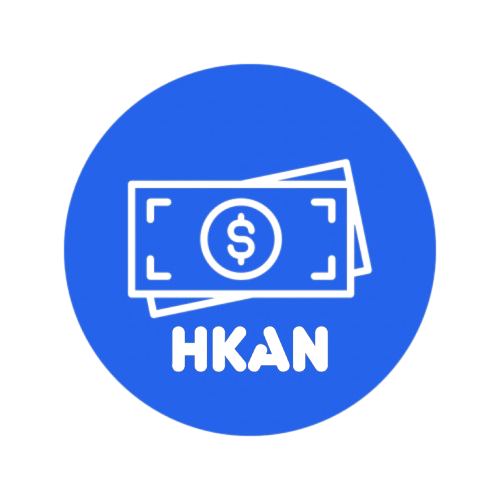How the Israel vs Islamic republic of Iran Tesnsions Are Impacting the Globam Crypto Market
HKAN | June 13
The recent military escalation between Israel and the Islamic Republic of Iran has sent shockwaves through global financial markets — and the cryptocurrency market is no exception. As geopolitical uncertainty intensifies, traders and investors are closely watching how digital assets respond in real time.
Bitcoin and Ethereum See Sharp Price Swings
Following the exchange of missile strikes and increasing diplomatic tensions, Bitcoin (BTC) experienced heightened volatility. In the days following the escalation, BTC briefly dropped below the $65,000 mark before rebounding as traders sought safe-haven assets amid global instability.
Ethereum (ETH) also mirrored this movement, dipping nearly 5% before recovering, fueled by a surge in demand for decentralized finance (DeFi) assets and stablecoins.
Crypto as a Safe-Haven or Risk Asset?
Historically, gold has been the traditional hedge during wartime. However, in recent years, cryptocurrencies have emerged as an alternative store of value — particularly in regions facing economic sanctions, inflation, or capital controls.
While some analysts argue that Bitcoin acts as "digital gold" during global crises, others point out that the crypto market remains largely risk-on and subject to intense speculative trading. The Israel-Iran conflict has reignited this debate, especially as crypto trading volume surged across Middle Eastern exchanges.
Market Sentiment and Investor Behavior
Blockchain analytics firms have noted an uptick in stablecoin transfers and wallet activity originating from countries in the conflict zone. USDT (Tether) and USDC have seen increased demand, signaling a shift toward capital preservation and lower volatility assets within the crypto ecosystem.
Additionally, Reddit and Twitter sentiment analysis tools reveal growing anxiety among retail investors, with fear-driven sell-offs occurring immediately after news of missile attacks broke.
Regulatory Uncertainty Adds Pressure
The confrontation also casts a shadow over ongoing global regulatory discussions. Concerns around crypto’s use in evading sanctions or financing military operations have led to renewed calls for stricter controls, particularly in the U.S. and EU.
Any regulatory response could further affect the market’s short-term trajectory, especially for privacy coins and decentralized exchanges (DEXs) that operate with minimal oversight.
What’s Next for the Crypto Market?
The crypto market is likely to remain highly reactive to developments in the Middle East. A prolonged conflict could:
Drive increased adoption of crypto in affected regions.
Boost demand for stablecoins and DeFi solutions.
Intensify volatility as institutional investors reassess risk exposure.
However, if diplomatic de-escalation occurs, the market could see a rapid return to bullish momentum — especially if macroeconomic indicators, like U.S. interest rates and inflation, support risk-on behavior.
Conclusion
The unfolding conflict between Israel and Iran is yet another reminder of how geopolitics increasingly intersects with digital finance. While the long-term outlook for cryptocurrencies remains strong, investors should prepare for heightened volatility and closely monitor both regional developments and global policy responses.
💬 Comments
No comments yet. Be the first!
Please log in to post a comment.
